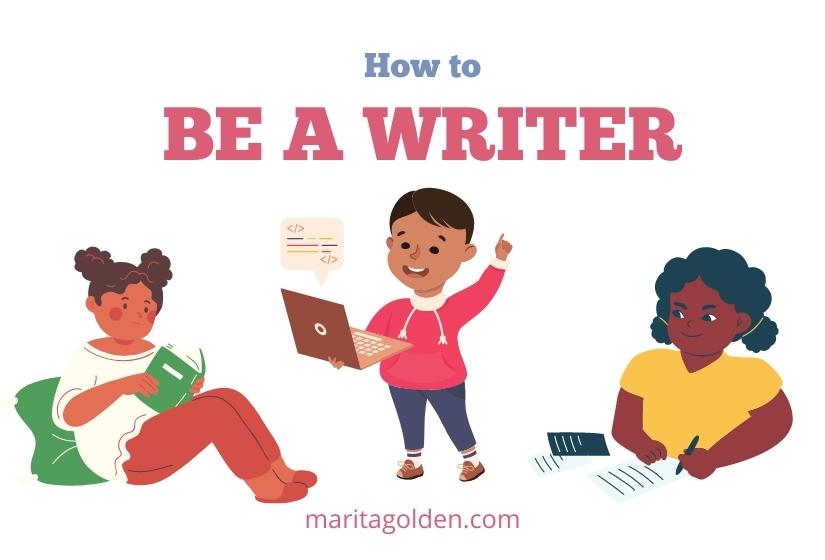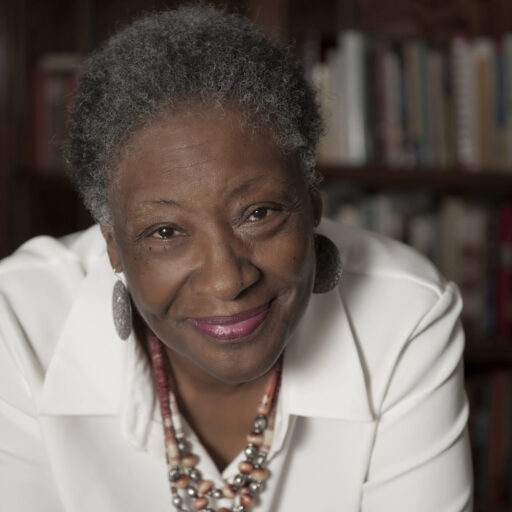
Be Your Mentor
I hit the mentor jackpot early. In my twenties, while living young gifted, and Black in New York City, I met the groundbreaking feminist poet Audre Lorde, and the master teacher, poet, and social activist June Jordan. I was writing a lot of poetry then and both women whose work and lives inspired and still inspire generations of writers, read my work, and gave me encouragement and acknowledgment that has lasted a lifetime. And my first fiction teacher Sidney Offit has been a friend and mentor for over forty years.
Mentors are a one-person cheering squad, boosting your confidence and providing sage advice. Committed to an endeavor that few not similarly possessed understand, the friendship of a writer who has first-hand knowledge of the real meaning, costs, and joys of the writer’s life is invaluable.
But what happens if you don’t have a mentor? I have a three-step solution.
- Celebrate yourself. You don’t have to wait until you have completed your writing project, an effort that often takes years, to feel satisfied. I treat myself to small gifts, a pair of earrings, eating at a restaurant I have wanted to try, a trip to the circus, the theater, or a day trip alone, enjoying my own company as I am writing. I celebrate the first 50 pages, then the first 100 pages…you get the picture. The idea is to recognize that I stayed the course, did the work, and produced pages. Yes, pages will be revised, but I have something to work with. Writers are too often addicted to perfectionism and chronic self-doubt, comparing themselves to other writers who have already finished their book and gotten a contract. If you can’t celebrate yourself, on your own, by yourself, you will not value the recognition you crave when it comes.
- Create a writing group. Writers who are part of a nurturing small group, one that provides constructive criticism as well as praise are often more productive than writers who work in isolation. In a group, everyone is both teacher and student. Your skill level and writer’s eye, and ear will sharpen as a result of the diversity of voices and visions
- Challenge yourself. Read the work of good writers you are not naturally drawn to and in genres that don’t warm your heart. I don’t read much Science Fiction fan but I teach the stories of Octavia Butler in my fiction classes because they are so well crafted and prove that the best writing transcends labels. If you read with an open mind the writing lessons will be subtle and enduring.
- Stay connected to other writers and professionals Take classes and workshops with writers whose work you admire to keep growing in your work. I took writing workshops even after I was published.
These are habits that can enhance your process even if you have a mentor. A mentor celebrates you, supports your growth, and challenges you.
But while you are waiting to have a conversation with a mentor who can help you expand your vision of yourself as a writer and the stories you can tell, you do not have to wait for a magic moment or a magic person. Like most writers, I have benefitted from the advice of many mentors. Mentors come into your life as teachers, friends, family, fellow writers, editors, and agents. But if you are still growing your circle of support and recruiting your “tribe” remember you have the power to become the writing mentor you need.
For more on how to be a writer click here to download my E-book First Page to Finished On writing and living the writer’s life.

Marita Golden is the author of over 20 works of fiction and nonfiction. She is Co-founder and President Emerita of the Zora Neale Hurston/ Richard Wright Foundation. As a teacher of writing, she has served as a member of the faculties of the MFA Graduate Creative Writing Programs at George Mason University and Virginia Commonwealth University and served as a Distinguished Visiting Writer in the MA Creative Writing Program at John Hopkins University, and at the University of the District of Columbia. She has taught writing workshops nationally and internationally to a variety of constituencies and is a writing coach, workshop presenter, and literary consultant.



